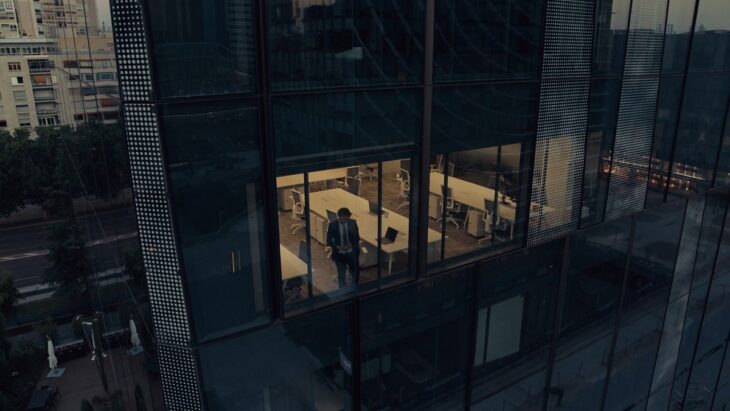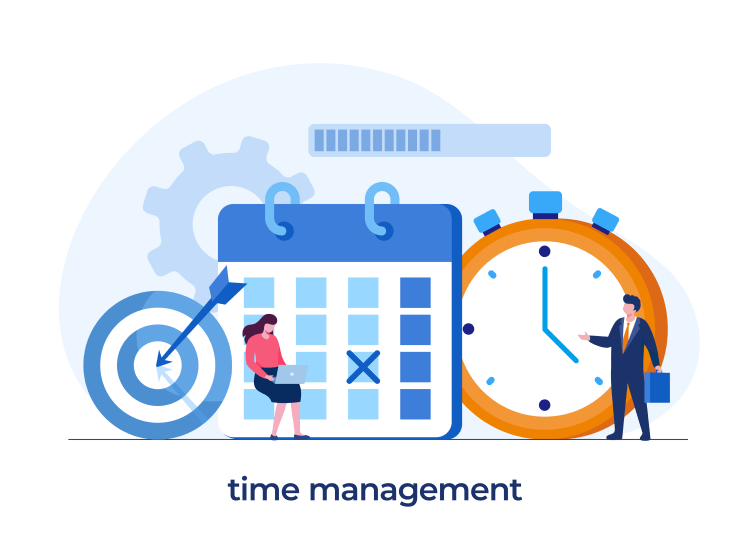For many small and medium-sized businesses (SMBs), every dollar counts. Whether you’re running a boutique marketing agency, a tech startup, or a construction outfit, managing cash flow can be the difference between staying in the game and calling it quits.
One of the smartest, yet often overlooked, ways businesses keep their finances on track? Renting instead of buying.
Renting can apply to a lot – your office space, your equipment, your computers, even your furniture. And while it might not seem like a big decision on the surface, the financial impact of that choice can be huge.
Let’s break it down and look at how renting helps SMBs save money, stay flexible, and focus on what they do best.
Key Highlights
- Renting helps SMBs preserve cash flow and avoid large upfront costs.
- Lease payments are often fully tax-deductible and may include VAT recovery.
- Renting allows for flexibility, scalability, and easier access to high-end tools.
- It reduces maintenance headaches and avoids the burden of outdated assets.
Lower Upfront Costs Mean More Room to Breathe

Buying a property or expensive equipment can drain your account faster than you can say “working capital.” Renting, on the other hand, usually requires a security deposit and consistent monthly payments, freeing up precious capital for other pressing needs.
Take a small clothing boutique looking to open its first brick-and-mortar shop. Buying a retail space could mean a six-figure mortgage, legal fees, and property taxes.
Renting that same space? Likely a manageable monthly lease with some up-front deposits. That difference in cost might be exactly what funds their launch campaign or the first few months of inventory.
Here’s where the numbers get even better. Lease payments for rented premises or equipment are generally deductible as operating expenses. That means less taxable income and more money staying in your business. Rental costs for equipment can be fully deducted from pre-tax profits, whereas purchasing usually means writing off a percentage annually via depreciation. And if your business is VAT-registered? You might be able to reclaim up to 20% of rental costs, depending on local laws. One of the hidden costs of ownership? Getting rid of stuff when it’s no longer useful. Say you buy a $10,000 printer that becomes obsolete in three years. You’ll spend time and money trying to offload it, often at a steep discount. Worse yet, it might sit unused, taking up valuable space. Renting sidesteps all of that. When you’re done with the equipment, you simply return it. No resale stress. No storage costs. No depreciation drama. It’s even more of a win when you’re talking about tech, especially in industries like software development or video production, where hardware cycles move fast. SMBs often live month-to-month, especially in their early years. Predictable expenses can make or break financial planning. Renting typically means fixed payments. No surprise repair bills. No sudden outlays. Just one line in the budget that stays the same every month. Compare that to owning equipment or a property: maintenance costs, property taxes, repair bills – they can all hit without warning. Renting removes those landmines from your balance sheet. In the words of nibusinessinfo.co.uk, renting can “help manage cash flow more effectively by providing predictable outgoings” – a lifeline for any business trying to stay financially healthy. Imagine running a growing restaurant that starts with 25 seats. In two years, demand explodes, and now you need a location twice the size. If you bought your property, that growth spurt becomes a logistical nightmare. If you’re renting? You move at the end of your lease and level up. The same goes for equipment. Let’s say your company’s been using mid-range computers, but now you’ve landed a client who expects 3D rendering and high-end design. Renting lets you upgrade quickly – no need to worry about what to do with your old gear. Rental = agility. And in an uncertain economy, that matters more than ever. When project scope changes, van fleets can be scaled up or down quickly via short‑term rentals https://octane.rent/van-car-rental-dubai/. Sometimes it’s not about saving money – it’s about getting the job done right without blowing your budget. A small architecture firm might need a $3,000 plotter for a six-month project. Buying it makes no sense, especially if they don’t need it long-term. Renting? Problem solved. According to Hire Intelligence UK, many SMBs are now renting high-end Apple tech, VR setups, and industry-grade video gear because the cost of owning and maintaining those tools is just too high. Renting lets small businesses punch above their weight. Let’s talk about printers, HVAC systems, or even forklifts. When you own them, you own the problems too. Repairs can be costly for something as simple as a printer issue. And that’s not even counting parts or downtime. But many rental agreements, both for equipment and office space, include maintenance. If something breaks, it’s the rental company’s job to fix it. You stay focused on what matters. Landlords often cover major repairs in rented commercial properties. That could mean avoiding thousands in unexpected expenses on HVAC or plumbing work. One of the quieter benefits of renting? It frees up mental space. You don’t have to think about asset depreciation, selling used items, building maintenance, or managing equipment schedules. SMBs, especially in their early years, thrive when the team can focus on sales, service, and customer relationships, not managing buildings or broken gear. When the logistics get easier, the core business gets better. A seasonal business might need extra warehouse space from November to January. A creative agency might need a few extra workstations for a three-month campaign. Renting gives SMBs the flexibility to expand or shrink without penalty. No long-term commitments. No asset sell-offs. If demand shifts? You adjust. Simple as that. No one likes thinking about downturns, but they happen. Renting gives you options when things get tight. If you’re leasing, you might be able to negotiate terms or sublet space. If you own a property, you’re locked in, and selling under pressure usually means losing money. The same goes for equipment. If your needs change or a project falls through, you can return what you’re not using and avoid carrying the costs of idle machines. For businesses in tech, media, or manufacturing, where innovation moves fast, renting also means you’re never stuck with outdated tools. You stay current without making costly upgrades every year. Renting isn’t magic. It’s not always the best deal, especially if you’re using the same tools or space day-in, day-out for years. A bakery that uses the same ovens and location for 10+ years might save more by buying. Leases can come with rigid terms, renewal hassles, or penalties for early exit. Some rental companies charge more over time than what you’d pay buying used. So yes – before signing anything, it’s worth crunching the numbers. Ask: If the answer favors renting, go for it. But always do the math. In many cases, yes. Especially when you’re trying to:Tax Perks That Actually Matter
Tax advantage chart (based on various sources):
Financial Benefit
Why It Matters
Lower Upfront Costs
Keeps capital available for growth-critical expenses
Full Expense Deduction
Lease payments are 100% deductible from pre-tax profits
VAT Reclamation
VAT-registered businesses can recover up to 20% on some rentals
Avoid Disposal Costs
No need to resell or store outdated assets
Predictable Monthly Costs
Easier budgeting and financial planning
No More Headaches Over Outdated Equipment or Storage
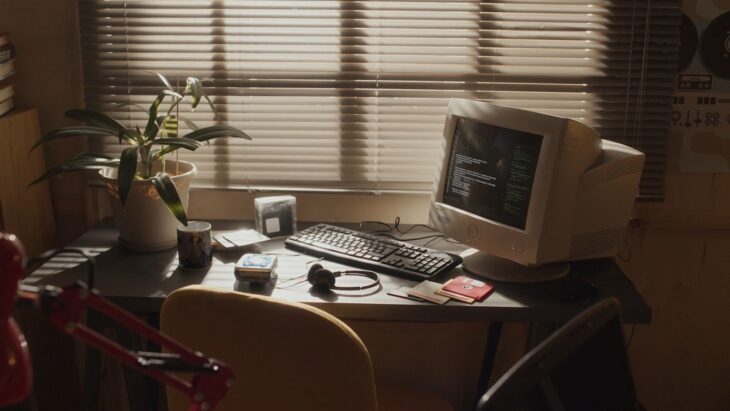
Predictable Costs Make Budgeting a Breeze
Flexibility Is the Real Hidden Weapon
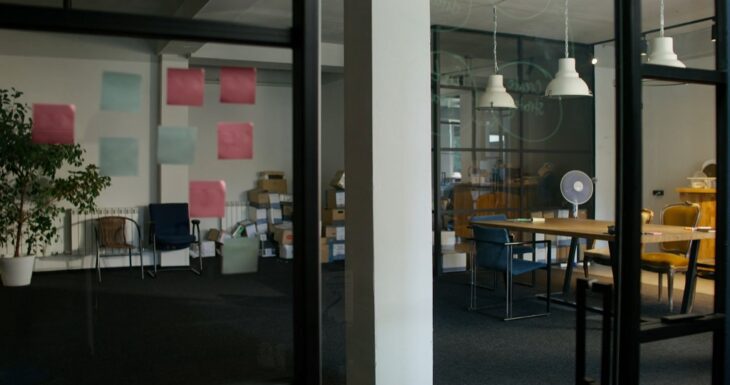
Access to High-End Tools Without the High Price Tag
Maintenance? Not Your Problem Anymore
Focus on Business, Not Asset Management

Scaling Up or Down – Without the Baggage
Renting Reduces Risk
Renting Isn’t Always Cheaper in the Long Run
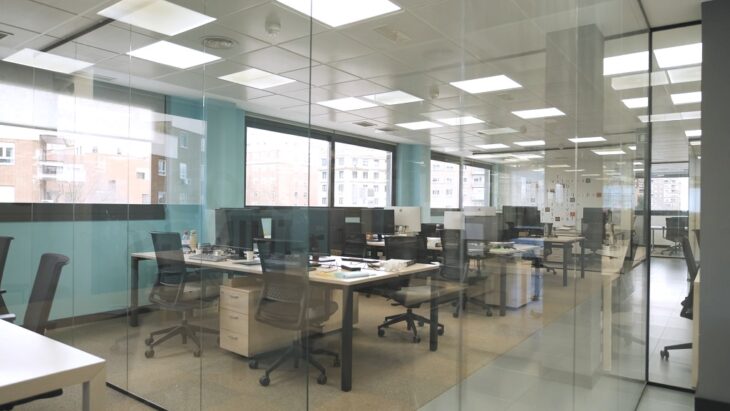
So, Does Renting Save Money for SMBs?
It’s not just about saving money. It’s about spending smarter. Renting gives SMBs the flexibility, agility, and breathing room they need to grow without tying themselves down.
Is it always the cheapest option? No. But for many small and medium-sized businesses, it’s the most strategic one.
Rent When It Makes You Stronger
Renting isn’t just a budget tactic. It’s a strategic move that aligns with how modern businesses operate – leaner, faster, and more adaptable than ever.
Whether you’re scaling, pivoting, or just trying to stay stable in an unpredictable market, renting can help you hold onto cash, access top-tier tools, and keep your business moving.
If you’re running a small or medium business and feel like ownership is weighing you down – or slowing you up – it might be time to consider renting not as a fallback, but as a competitive advantage.
